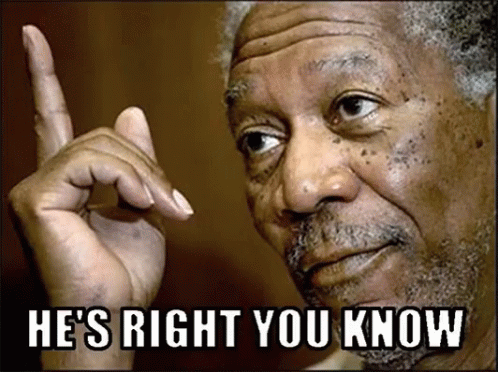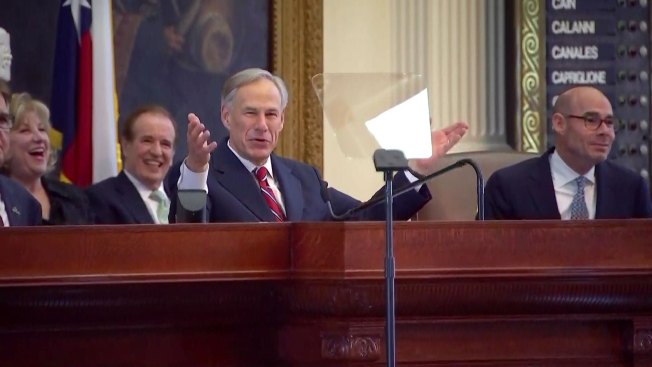"For their rock is not like our Rock,
Even our enemies themselves being judges."
Deuteronomy 32:31
YIKES, from Wednesday:
In the wake of a midterm election that swept some 20 Republican appellate judges out of office, Texas Supreme Court Chief Justice Nathan Hecht called on the Texas Legislature to reform a system he called “among the very worst methods of judicial selection.”
“When partisan politics is the driving force and the political climate is as harsh as ours has become, judicial elections make judges more political, and judicial independence is the casualty,” Hecht told both chambers of the Legislature on Wednesday morning in his biennial address, a wide-ranging speech that touched on judicial salaries, technology and bail reform. “Make no mistake: A judicial selection system that continues to sow the political wind will reap the whirlwind.”
In recent history, partisan judicial elections have played well for Texas’ majority party; the state’s two high courts, in which justices run statewide, comprise all Republicans, as they have for two decades. But last year, as turnout surged in urban areas and voters leaned heavily toward the straight-ticket voting option, Democratic judges were swept onto the bench on the coattails of candidates like Beto O’Rourke. All told, Hecht said, in the last election, Texas’ district and appellate courts “lost seven centuries of judicial experience at a single stroke.”
“Qualifications did not drive their election,” Hecht said. “Partisan politics did.”
No, no, no, no, no, no, no.
So-called "
merit selection" takes the selection of Judges
away from voters and puts it
into the hands of bureaucrats.
We hope we don't have to explain why that's a terrible idea.
Several years ago, local activist Mark Pulliam
wrote an essay detailing the pitfalls of so-called "merit selection." It's too long to quote in full. You really should read the whole thing. The following stands out:
In reality, though, merit selection is usually controlled by the organized bar. Lawyers as a group are not representative of the general population, and lawyers active in the state bar (or the ABA) tend to be particularly partisan and ideological. (The policy positions adopted by the House of Delegates of the ABA, for example, are indistinguishable from those of the ACLU, and are far left-of-center of mainstream public opinion.) Merit-selection panels, such as the Judicial Nominees Evaluation (JNE) Commission in California, tend to become captured by special-interest groups (such as plaintiffs’ lawyers,...liberal political activists, etc.), who use the evaluation function to black-ball judicial candidates who don’t share their views—such as conservative lawyers or proponents of civil-justice reform.
In Texas, the practical impact of such a change would likely be a Judiciary that's
significantly friendlier to trial lawyers and Planned Parenthood.
Again, we hope we don't have to explain why that's a
terrible idea.
-------
With the substantive question addressed, lets consider another aspect:
The arrogance of the idea that judges shouldn't have to campaign for office.
Perhaps we're old fashioned, but we think judges should have to interact with the citizens that will have to live under their rulings.
Like it or not, for many judges, the only time they interact with regular citizens is during campaign season.
-------
Nevertheless, the current system remains in place for 2020.
And Nathan Hecht is
up this cycle.
This sort of proposal should NOT be allowed to stand.
------
Once again, however, the silence of Texans for so-called "Lawsuit Reform" is
deafening. Hecht's speech was Wednesday. It's now Saturday. That Texans for so-called "Lawsuit Reform" has yet to blow a gasket tells you everything you need to know about that operation.
-------
Voters suck...but unelected bureaucrats suck more.
-------
Interesting fact about Nathan Hecht
we only learned in preparing this blog post: He's been on SCOTX for
over 30 years.
He's also almost 70.
Besides this "merit selection" nonsense, dude might want to consider retiring on those grounds alone.
------
Bottom Line: Taking power out of the hands of voters, and putting it into the hands of bureaucrats, rarely works out well in the end.


















/https://static.texastribune.org/media/images/2017/02/01/_SOJ3033_Hecht.jpg)























